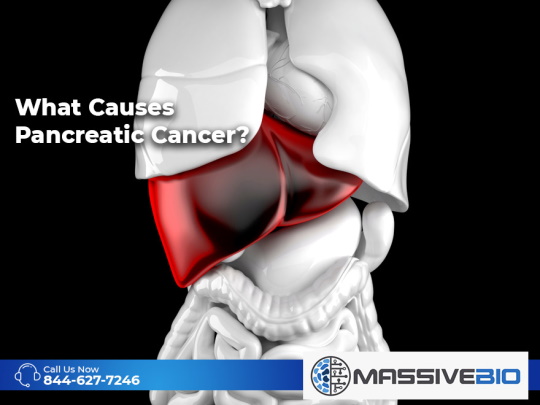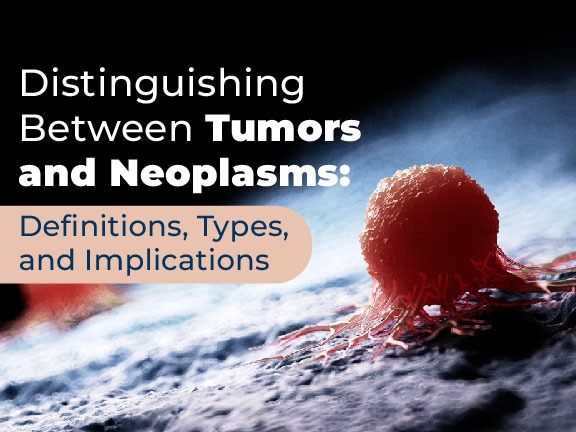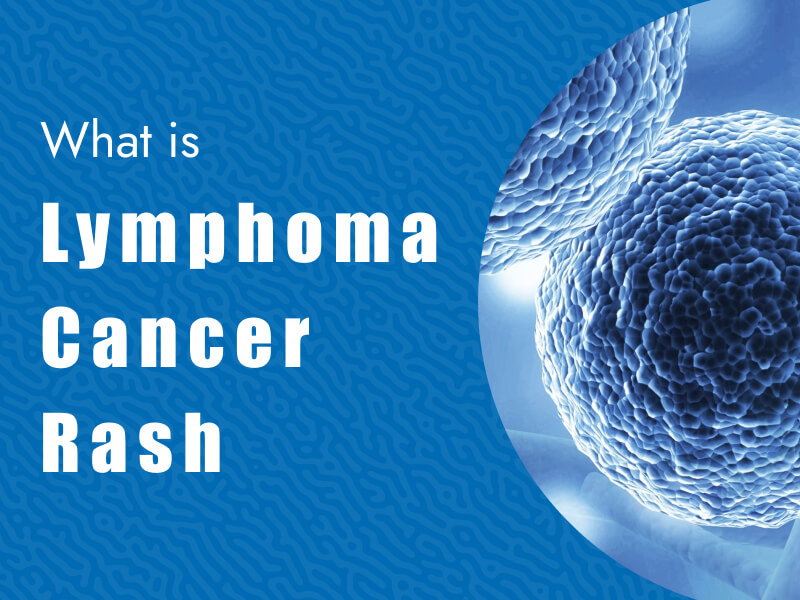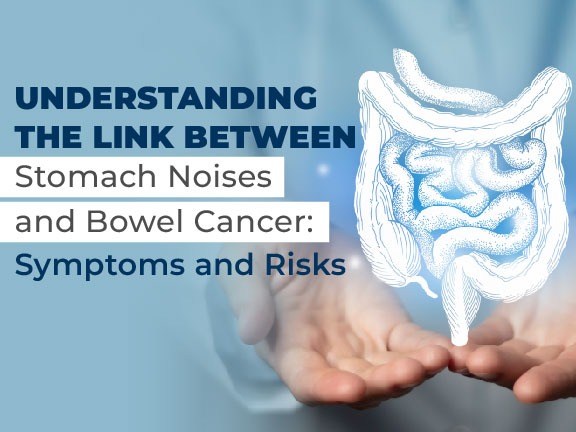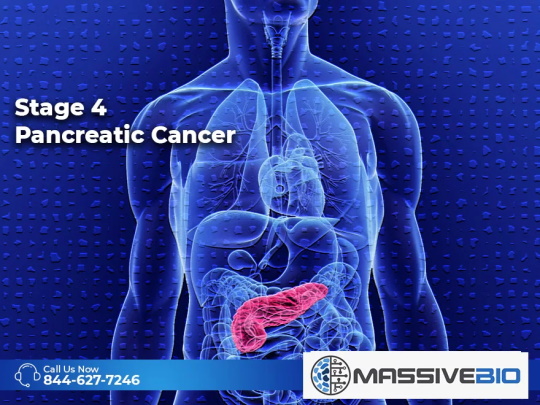Researchers have not been able to determine exactly what causes pancreatic cancer, however, some risk factors and how the cells become cancerous are known. Pancreatic cancer can develop in two kinds of cells in the pancreas, exocrine cells, and neuroendocrine cells like islet cells. Pancreatic cancer in exocrine cells is more common, but often diagnosed in an advanced stage. Tumors in the pancreatic neuroendocrine cells are less common but have a more favorable prognosis.
Familial Pancreatic Cancer (FPC) refers to families with a high rate of pancreatic cancer. Gene mutations can be inherited from your parents, which lead to an increased chance of developing cancer types such as pancreatic cancer. Several genes are linked to FPC including BRCA1, BRCA2, PALB2, CDKN2A, and ATM. An estimated 10% of all pancreatic cancer cases diagnosed are caused by FPC. There are nearly 58,000 cases of pancreatic cancer diagnosed in the United States each year.
Risk Factors for Pancreatic Cancer
Even though the exact cause of pancreatic cancer is unknown, several factors have been identified to increase the risk of developing pancreatic cancer. Risk factors for pancreatic cancer include:
- Exposure to cancer-causing chemicals such as tobacco smoke
- Obesity
- Diabetes
- Chronic Pancreatitis
- Family history of pancreatic cancer
If you meet the criteria for one or more risk factors, it is not certain that you will have pancreatic cancer. Likewise, if you do not have any of the risk factors, there is still a chance pancreatic cancer will develop. Talk with your doctor to fully understand your risk of cancer. If you are at risk for pancreatic cancer, it is important to be aware of the symptoms that are seen in patients. Some common pancreatic cancer symptoms include:
- Abdominal pain
- Jaundice (yellowing of the skin and eyes)
- Nausea or vomiting
- Dark colored urine
- Light color stool
Pancreatic cancer is difficult to treat in advanced stages compared to other cancer types. Because many cases are not diagnosed until they are in advanced stages, recognizing the symptoms of pancreatic cancer is crucial for early detection and treatment.
Sources:
https://www.cancer.net/cancer-types/familial-pancreatic-cancer
https://www.cancer.org/cancer/pancreatic-cancer/causes-risks-prevention/risk-factors



